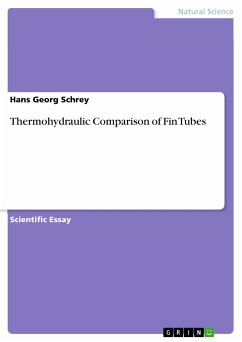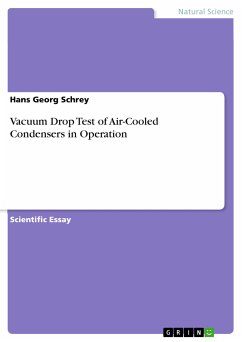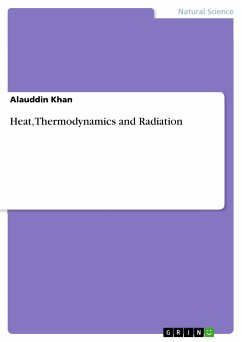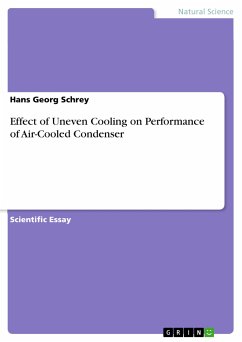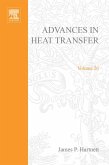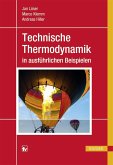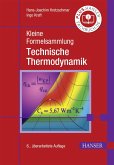Scientific Essay from the year 2017 in the subject Physics - Thermodynamics, , language: English, abstract: The following report attempts to make up for the deficiencies of theoretical Reynolds comparison by using an approach based on redefined parameter groups - specifically meant for cross-flow air coolers and/or air-cooled condensers. It will allow to directly evaluate different fin tube systems based on their performance characteristics alone. Fin tubes are core elements of air cooled heat exchangers in industrial cooling applications. Thermohydraulic performance of the cooling system defines the overall size of the equipment. Fin tube characteristics vary over a large range resulting from geometry, material or manufacturing process. As a general rule - the better the performance the smaller and more competitive the design will be. Consequently, manufacturers strive for thermohydraulic optimization of their product line. A key factor is the ability to properly compare different cooling devices. Comparison methods have been a topic in the academic field over a long period of time. Methods proposed so far have been based on classical dimensionless parameters, especially Reynolds number. Apart from transport properties Reynolds numbers include a geometric parameter pertinent to the individual heat exchanger system. If geometry is varied Reynolds changes as well. This is one of the reasons why Reynolds based comparison methods - although theoretically sound - lack practical applicability.
Dieser Download kann aus rechtlichen Gründen nur mit Rechnungsadresse in A, B, BG, CY, CZ, D, DK, EW, E, FIN, F, GR, HR, H, IRL, I, LT, L, LR, M, NL, PL, P, R, S, SLO, SK ausgeliefert werden.

